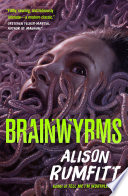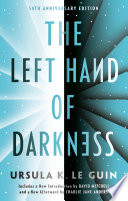 Brainwyrms by Alison Rumfitt
Brainwyrms by Alison Rumfitt Published by Tor Publishing Group on October 10, 2023
Genres: Horror, Queer
Pages: 272
Format: ARC
Source: Received from publisher
Goodreads

“Smart, seething social horror...Rumfitt gives her worms the grotesque and triumphant glory they demand.” —The New York Times Book Review
From Alison Rumfitt, the author of Tell Me I’m Worthless — “a triumph of transgressive queer horror” (Publishers Weekly) — comes Brainwyrms, a searing body horror novel of obsession, violence, and pleasure.
“Alison is like the twisted daughter of Clive Barker and Shirley Jackson.” —Joe Hill, New York Times bestselling author on Tell Me I'm Worthless
When a transphobic woman bombs Frankie’s workplace, she blows up Frankie’s life with it. As the media descends like vultures, Frankie tries to cope with the carnage: binge-drinking, sleeping with strangers, pushing away her friends. Then, she meets Vanya. Mysterious, beautiful, terrifying Vanya.
The two hit it off immediately, but as their relationship intensifies, so too does Frankie’s feeling that Vanya is hiding something from her. When Vanya’s secrets threaten to tear them apart, Frankie starts digging, and unearths a sinister, depraved conspiracy, the roots of which go deeper than she ever imagined.
Shocking, grotesque, and downright filthy, Brainwyrms confronts the creeping reality of political terrorism while exploring the depths of love, pain, and identity.
“[An] intimate, vulnerable triumph.” —Library Journal, STARRED review
“Rumfitt’s talent for portraying the deplorable, disgusting, and grotesque shines throughout her masterful sophomore horror outing.” —Publishers Weekly, STARRED review
Also by Alison Rumfitt:
Tell Me I'm WorthlessAt the Publisher's request, this title is being sold without Digital Rights Management Software (DRM) applied.
 The Left Hand of Darkness by
The Left Hand of Darkness by 